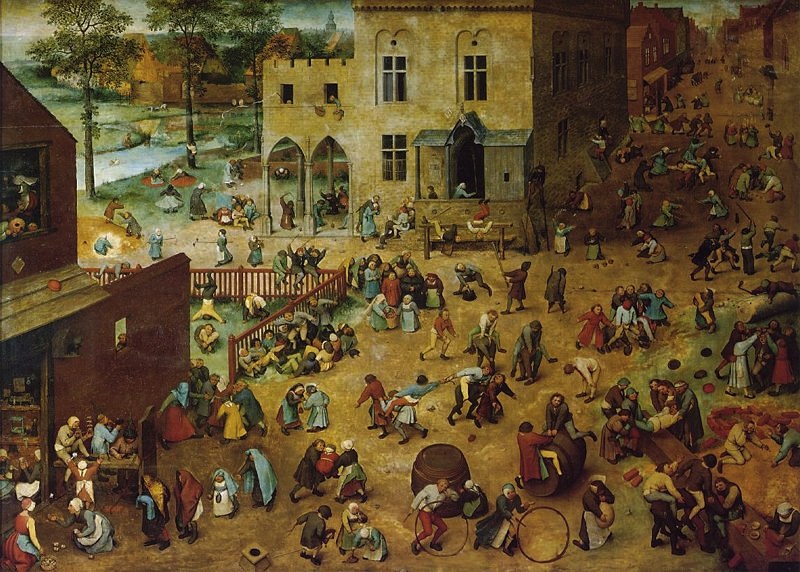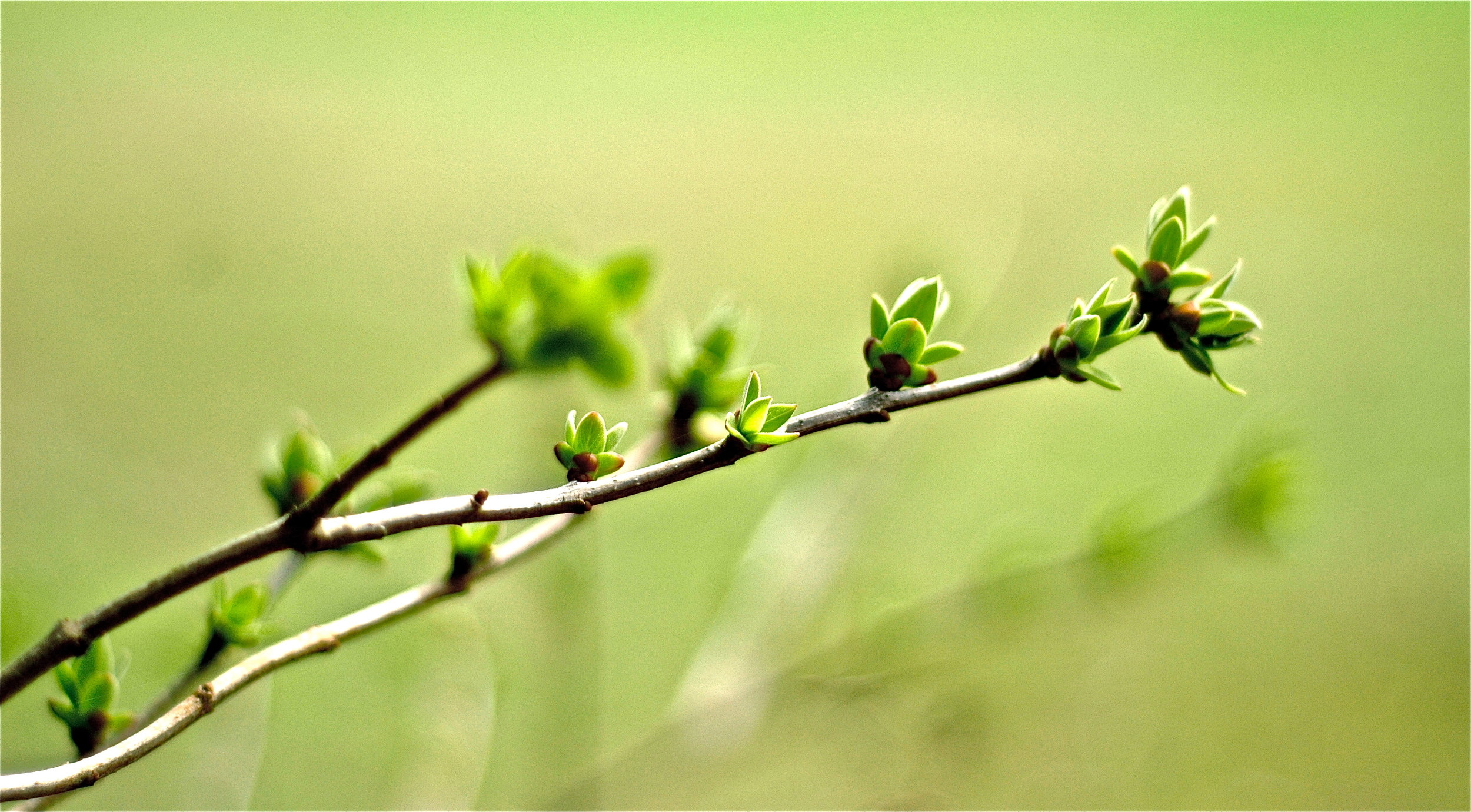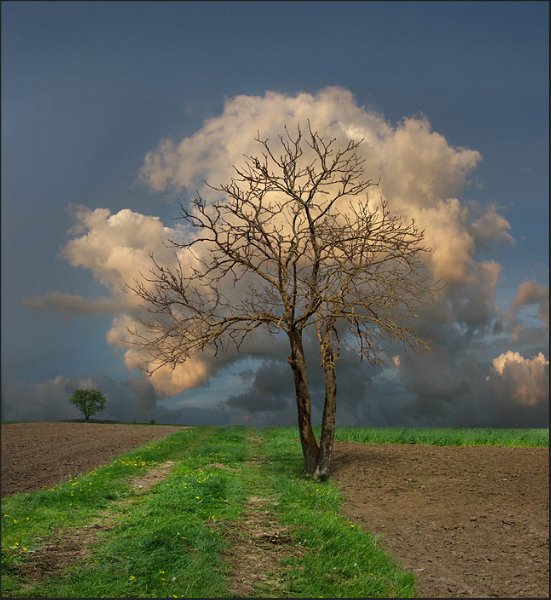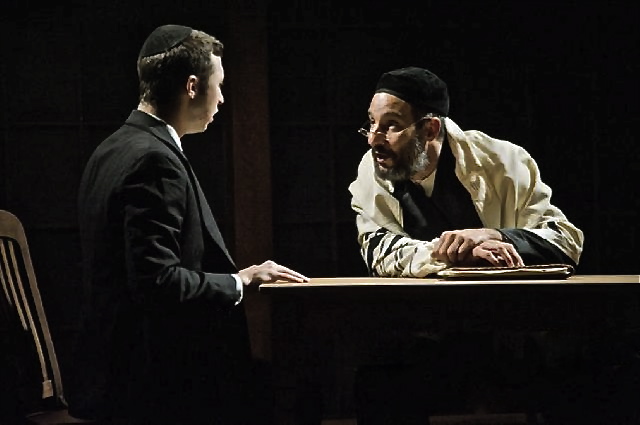God's Not Dead
Bryan Bliss
The trailer for God’s Not Dead appeared on my Facebook timeline between a Buzzfeed quiz about Friday Night Lights and a Bruce Springsteen video. I took the quiz (I’m Landry Clarke, so you know) and listened to The Promised Land, trying to convince – or maybe distract – myself away from this movie. Even before I saw the trailer, I could make a guess at the plot.
Instead of asking a person to explore the mystery of faith, films like God’s Not Dead lay a straight and flawless road, painted over with harsh blacks and impossible whites – colors designed to make us comfortable. More importantly, they encourage Christians to ignore the twisting and turning deer trails that sprout off this main road. Trails that lead one through the mud, the murk. Places to get lost.
Could anyone argue that Flannery O’Connor’s classic short story A Good Man is Hard to Find might better end with the Misfit accepting Christ? To have him wave the family off, a pleasant sunset falling behind him? For some, yes. But for those concerned with producing art and living a faith with integrity – that actually represents our place in a sometimes savage, sometimes beautiful world – these knotted paths are the birthplace of transformation. They don’t avoid risk. They force it upon you. It is that tension, that real moment of grace and redemption, which Christian art hopes to harness.
A writing mentor once told me the worst thing a story can be is about something. I would add that, even when we know the ending, a story should also hide the turns. God’s Not Dead, like so much of Christian art, chooses to do neither. It plays to its audience, giving another boost to the myth of the embattled Christian while reassuring them that everything is okay. Cathartic as that might be, it isn’t true. And if Christian art doesn’t have truth – if it becomes yet another escapist trope – then what’s the point?













